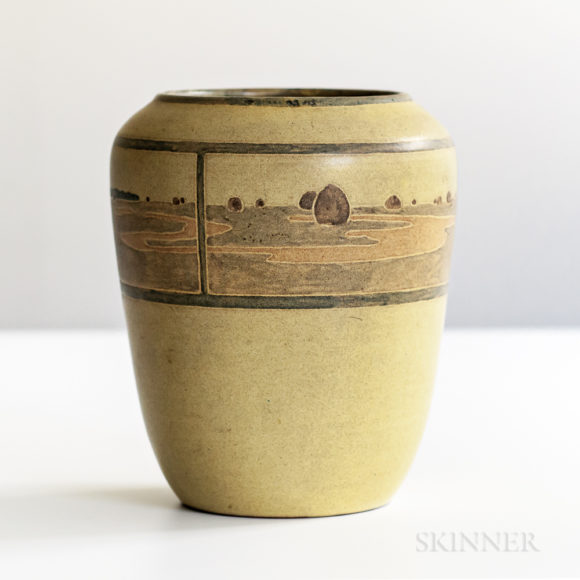Sticking close to home for months has made many of us aware that we, or our loved ones, are living with too many possessions that are no longer needed or wanted. It’s time to make decisions.
But how and where to start?
By educating yourself about your belongings, you’ll be able to make informed decisions about what to keep, what to toss and how to dispose of the rest. In learning about the value of these things, you may uncover treasures that will help to finance some truly golden later years or come in handy for more immediate needs and wants — a child’s or grandchild’s schooling, a fabulous trip.
Don’t look at the process as a painful ordeal that’s bound to leave you with an aching back, confused mind and anxious heart. Instead, think of it as a treasure hunt that will result in more space, a bigger bank balance and valuable new knowledge about your personal property.
Jump right in. Parting with stuff is inevitable, whether it’s by way of downsizing or demise. The more time you allow before the moving van arrives, the less stress you will feel and the better the decisions you will make.
Clarify your primary goal. Are you moving to a smaller space? Making room for other acquisitions? Seeking to simplify your life? Deciding on inheritances or bequests? Disposing of a relative’s lifetime accumulations? The answer will be a factor in how much time you can devote to the job.
You don’t have to tackle everything at once, and you don’t have to do it alone. Indeed, after you’ve made the basic decisions about matters where you alone are the expert, it’s time to call in other experts to make finishing the job easier, faster and more profitable.
One approach is to start with a focus on a single category — art works, jewelry, ceramics, books, furniture. If possible, assemble all the examples of the chosen group in one place. Look them over carefully and photograph each item. Make notes of what you know about major items. Information might include sales receipts, handwritten notes or labels, anecdotes you remember or have heard associated with family pieces.
You will probably find articles that you know or suspect to be of substantial monetary value, as well as “mystery” pieces that you want to know more about. Before you try selling online or at a yard sale, or start filling a dumpster, get expert advice from a qualified tangible property appraiser.
Karen Keane, CEO of Boston-based Skinner Inc. auction house, recommends engaging the services of a generalist appraiser who follows USPAP guidelines (Uniform Standard of Practices of Appraisal Professionals). A person with this qualification can evaluate and photograph allof a home’s contents in one visit. The resulting written report is your diploma in educating yourself about your possessions and a road map to successful downsizing.
If you’re not sure of the potential value of what you own, many auction houses offer no-cost expert evaluations for two or three items that you think may be of special interest. Skinner offers these opportunities on a regular basis at several locations, in person or through submitting photographs. More complete information, including a useful tutorial on the different types of valuations and appraisals, is available at skinnerinc.com.
For more, contact Katie at kwhittle@skinnerinc.com or 212 787-1114.


